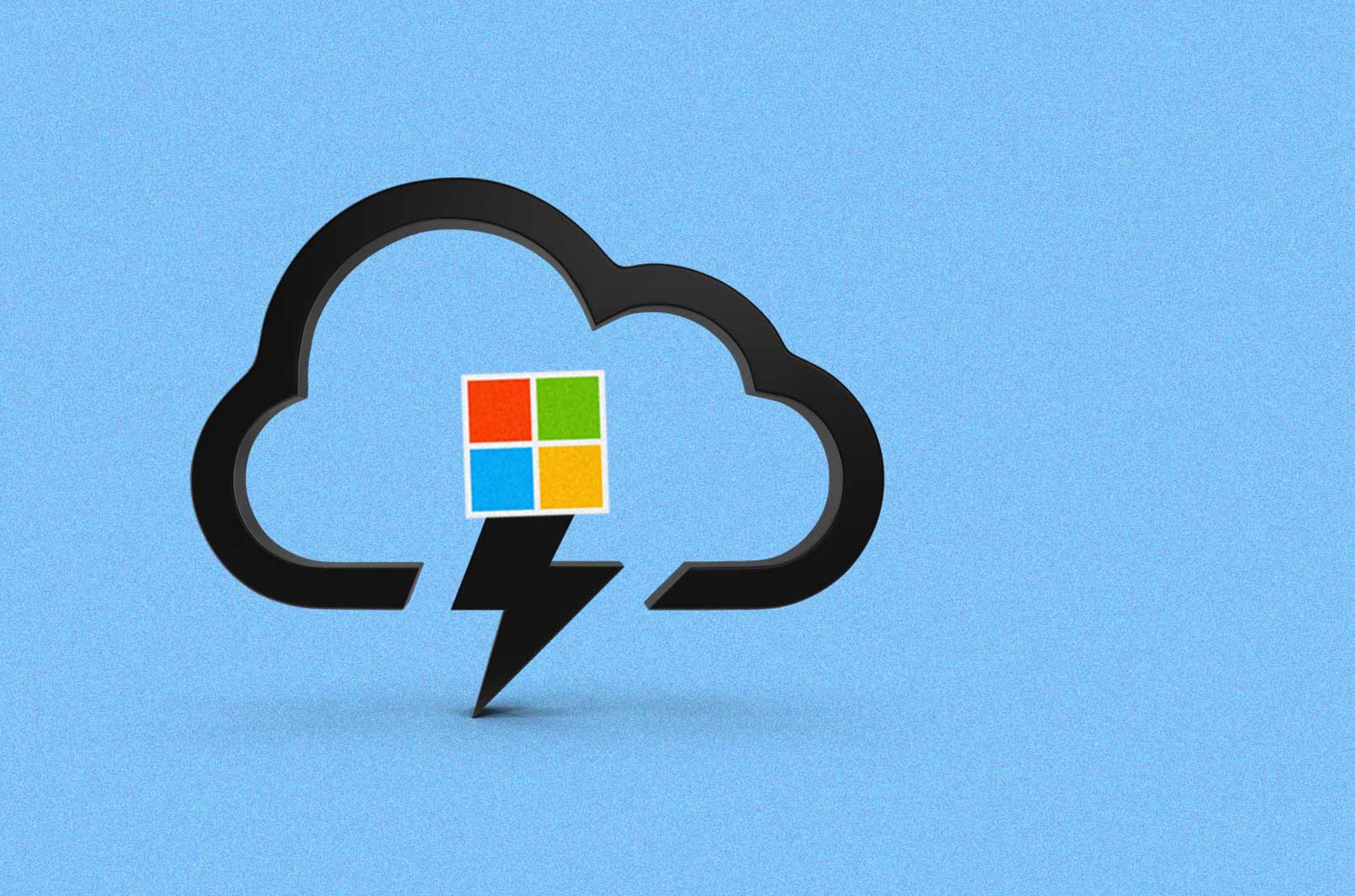
Google accuses Microsoft of using unfair licensing terms to establish a monopolistic grip on the cloud market, citing cybersecurity risks. In response to the FTC’s request for comments on anti-competitive practices in the cloud industry, Google has complained to Microsoft. The letter highlights Microsoft’s control through dominant products and complex licensing restrictions. Google, facing its antitrust lawsuits, also raises concerns about Oracle’s practices. Microsoft has a history of antitrust issues, including the infamous case involving its dominance in desktop software and internet browsers in the 1990s.
Google has complained to Microsoft, alleging that the latter is employing strict licensing terms to establish monopolistic control over the cloud market. According to Google’s letter to the Federal Trade Commission (FTC), Microsoft’s influence also poses cybersecurity risks. While Google has faced significant antitrust concerns and legal action from the Department of Justice (DOJ) and the FTC, it is now raising its complaint against Microsoft.
In a letter sent to the FTC on Wednesday, Google, which has long faced allegations of monopolistic behavior in the US and Europe, is now publicly accusing its rival, Microsoft, of engaging in anti-competitive practices.
Google claims that Microsoft employs unfair licensing terms to “lock in clients” and gain control over the cloud computing market. The letter was a response to the FTC’s request for comments on potential anti-competitive acts in the cloud industry, although the FTC declined to provide further comment.
In its complaint, Google specifically targets Microsoft, arguing that the company’s dominant products, such as Windows Server and Microsoft Office, make it challenging for clients to use alternatives to Microsoft’s Azure cloud infrastructure offering. Google describes Microsoft’s licensing restrictions as a complex web that prevents businesses from diversifying their software vendors.
Furthermore, Google asserts that Microsoft’s control over the market represents a significant national security and cybersecurity risk. It cites previous cyberattacks involving Microsoft products, including the SolarWinds breach. Both Google and Microsoft have active cybersecurity practices to address and research cyber threats.
Google is no stranger to antitrust concerns. In January, the DOJ filed its second antitrust lawsuit against Google within two years, focusing on its advertising business.
The DOJ’s earlier lawsuit, filed in October 2020 during the Trump administration, accused Google of leveraging its monopoly power to stifle competition in internet search through exclusionary agreements. The case is expected to go to trial in September.
In addition to the DOJ lawsuits, Google faces three other antitrust lawsuits from state attorneys general, including one led by Texas Attorney General Ken Paxton, which focuses on its advertising business.
Google’s letter to the FTC also raises concerns about Oracle’s practices, stating that the company’s complex agreements aim to lock in customers to their ecosystems. Google argues that such practices employed by companies like Microsoft and Oracle not only push customers towards a monolithic cloud model but also restrict choice, increase costs, and disrupt digital ecosystems both in the US and worldwide.
Microsoft has a history of antitrust issues, notably in the 1990s when it faced one of the most infamous antitrust cases in US history. The company was accused of leveraging its dominance in desktop software to promote its internet browser, thereby eliminating competition from rivals like Netscape. The government succeeded in the case, compelling Microsoft to allow PC manufacturers to use browsers from other companies.
